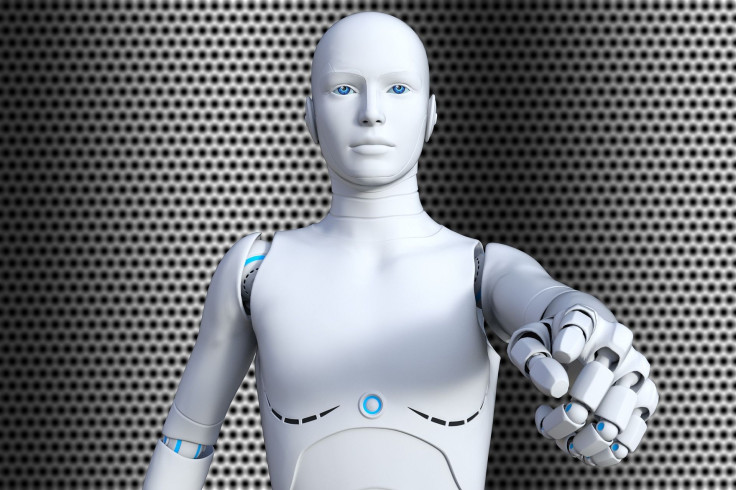As many as 1,500 tech bosses from all over the world were quizzed by researchers to find out if they thought artificial intelligence posed an "existential" threat to humankind.
According to The Sun, the study found that 49% said that the robots would "destroy" mankind and ultimately, rule the world. When they were asked to reveal a timeline for robot world domination, the consensus was that by 2043. It is just 20 years from now. There would be 10 billion robots in the world while the current human population of 8 billion is estimated to grow to around 9 billion by 2043. It means that there will be one billion more androids than humans on the planet in 20 years' time.
Theoretical physicist Stephen Hawking had predicted the scenario of robots wiping out humanity. He had said that success in creating artificial intelligence (AI) would be the biggest event in human history, unfortunately, "it might also be the last, unless we learn how to avoid the risks."
Now a report by online privacy firm Atlas VPN, which blocks advertisements and sites known for malware and phishing, backed up the worries related to robots dominating the world. Information technology (IT) experts expressed their "concern" about future "robot overlords." It was found in the report that many experts worried that robots were being made "too human." They feel that if they are given emotions and the ability to think, humankind could be wiped out soon.
A spokesman for Atlas VPN shared that six in 10 of the experts they spoke to said that they think "they’ll be working alongside intelligent robots within five years." The spokesperson noted that more than half of respondents (55%) said that AI will create "major privacy issues or put human jobs at risk.”
Meanwhile, a new paper explained that human have to be careful and thorough while programming future AI, or it could have dire consequences for humanity. The paper laid out the specific dangers and the “assumptions” that humans can make about a certain kind of self-learning and reward-oriented AI, reported Popular Mechanics. The paper is by researchers from Oxford University and Australian National University.

© 2025 Latin Times. All rights reserved. Do not reproduce without permission.





